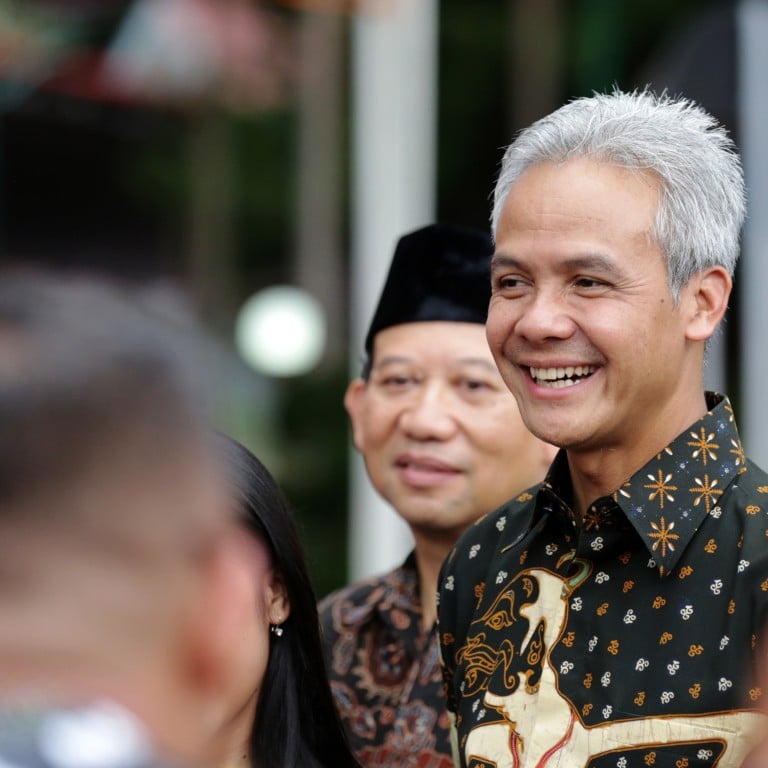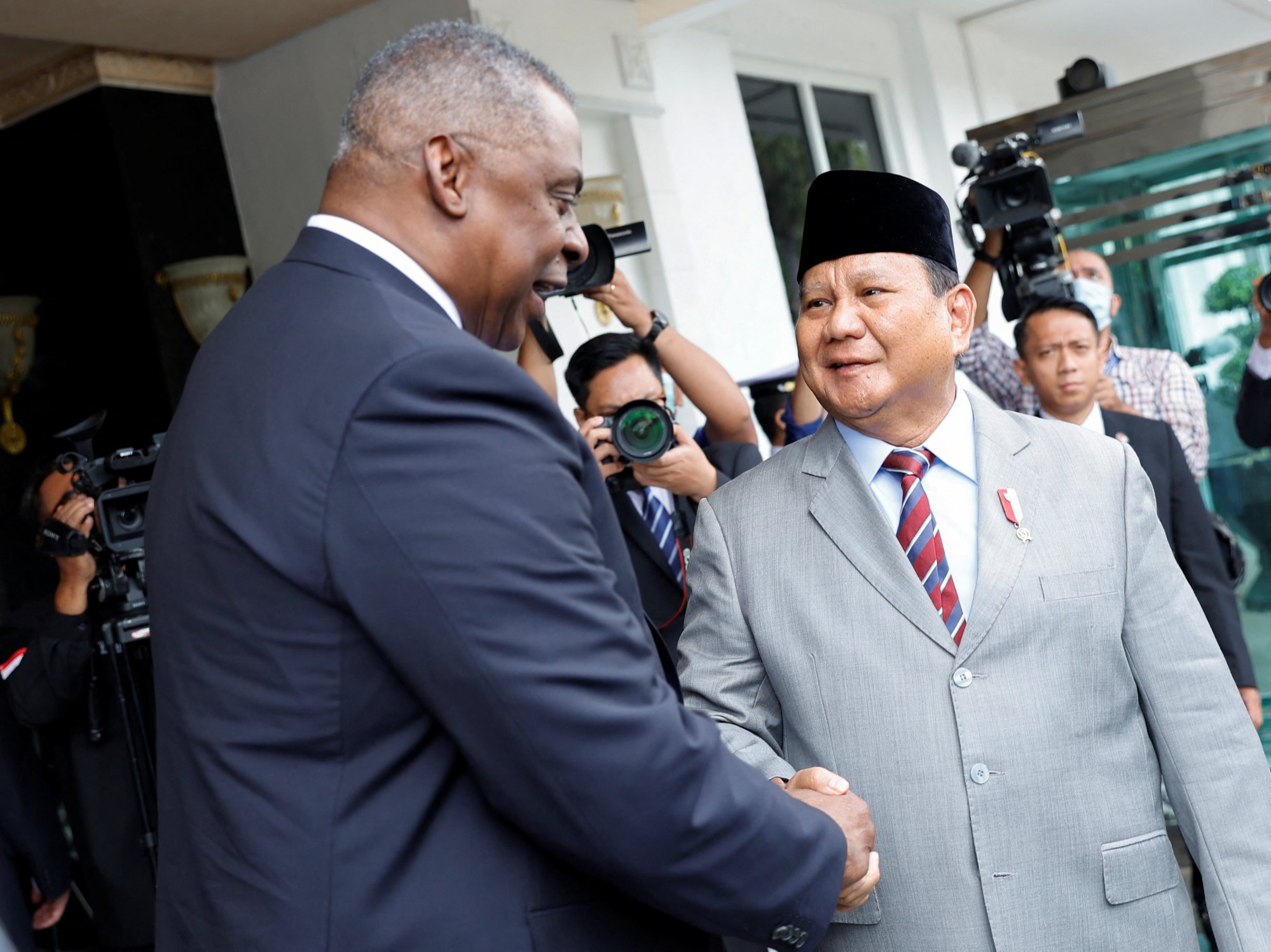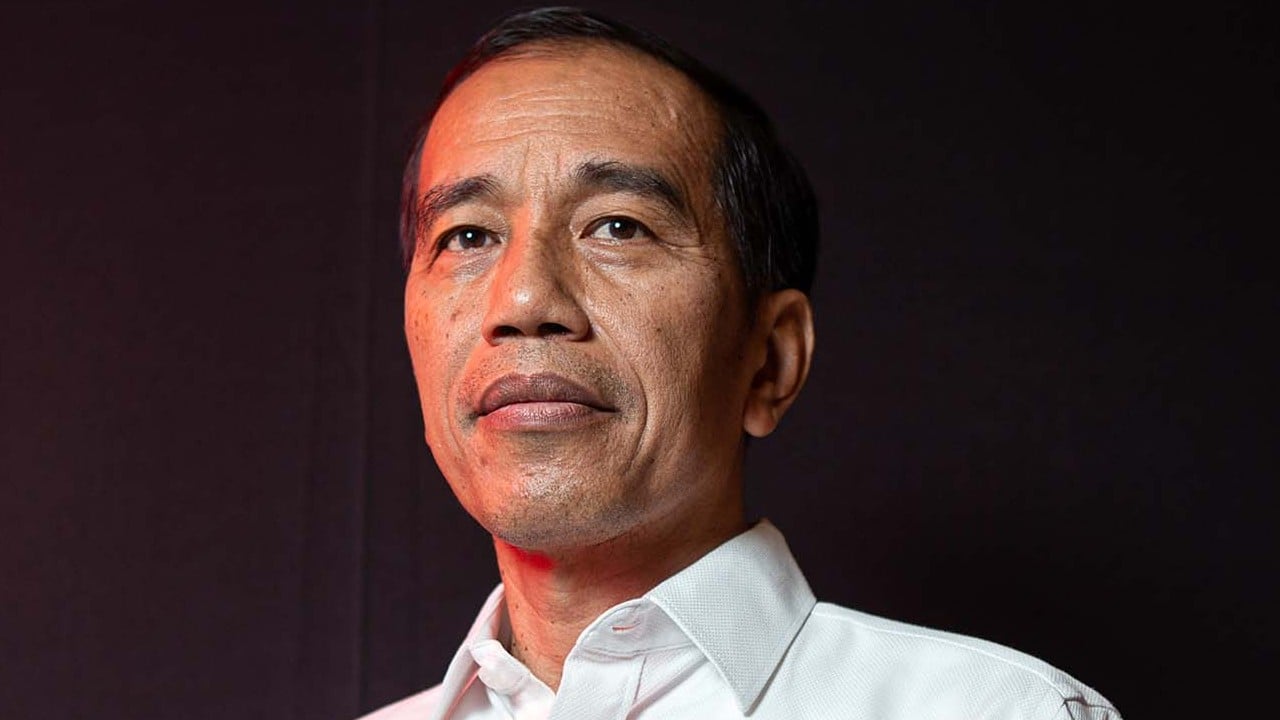
As US gets to know Indonesia’s Anies Baswedan and Ganjar Pranowo, China likely to do the same
- Surveys suggest that front runners for the 2024 election are Defence Minister Prabowo Subianto, Governor of Central Java Ganjar Pranowo, and ex-Jakarta governor Anies Baswedan
- US officials are getting to know two of them, and it’s likely China will hold such meetings too, if only to know where the next leader will stand on regional and global affairs

The ruling Indonesian Democratic Party of Struggle (PDI-P) on Friday officially proposed Ganjar, a PDI-P cadre, as its presidential candidate, but former general Prabowo’s Gerindra Party has nominated him as its preferred candidate.
Meanwhile, Anies has been jointly nominated by the National Democrats (NasDem), the Democrat Party and the Prosperous Justice Party (PKS).
Two of the three potential candidates attended US institutions: Anies’ doctorate is from Northern Illinois University while Prabowo, like several Indonesian military leaders of his time, attended Fort Benning in Georgia for part of his military training.
In terms of interactions with foreign countries and officials, Ganjar has the most limited experience, given his position as a provincial governor.
In 2018, China’s Hebei Bishi Steel Group invested US$2.54 billion in Central Java. In 2019, Ganjar appealed to Chinese business leaders from Fujian to invest in his province.
Indonesia asks Chinese bank to cut interest rate as rail project exceeds budget
After stepping down as governor, Anies was invited to Britain and the US to give lectures.
Anies, with NasDem’s support, has been campaigning unofficially since October. Compared to Prabowo and Ganjar, whose media opportunities tend to revolve around domestic audiences and events, Anies has had more engagements with Western officials and leaders since his governorship ended.
His urbane demeanour and fluency in English are undoubtedly an asset in this regard.

It appears that the US is trying to get a better sense of Ganjar and Anies as prospective candidates and as leaders; Prabowo is better known already, by virtue of his long career, first in the Indonesian military and later in government.
In October, the US ambassador to Jakarta, Sung Yong Kim, visited Ganjar in Semarang in what seemed to be a low-key meeting, days after NasDem declared Anies as its preferred presidential candidate.
In November, Anies was invited to the Bloomberg CEO Forum to speak about his experience as Jakarta governor. As the event took place on the sidelines of the G20 Summit, the US ambassador to Jakarta had lunch with Anies, who revealed on social media that they discussed Jakarta and Indonesian politics.
Indonesian tells US friends to ditch her ‘colonised’ nickname in viral TikTok
One commentator, Dedi Kurnia Syah, executive director of Indonesian Political Opinion, speculated that an objective of the meeting was to talk about Anies’ candidacy, as PKS had not, at the time, officially endorsed Anies as its presidential candidate.
A report by the Republika website conjectured that the ambassador’s visit might have been “a symbol of support for Anies”. Whatever the truth, 10 days after this meeting, PKS officially endorsed Anies as its presidential candidate.
It is likely that more of these kinds of meetings could happen as the 2024 race shapes up. Washington and Beijing will want a better sense of each front runner, if only to know where the next Indonesian president will stand on the regional and global stages.


